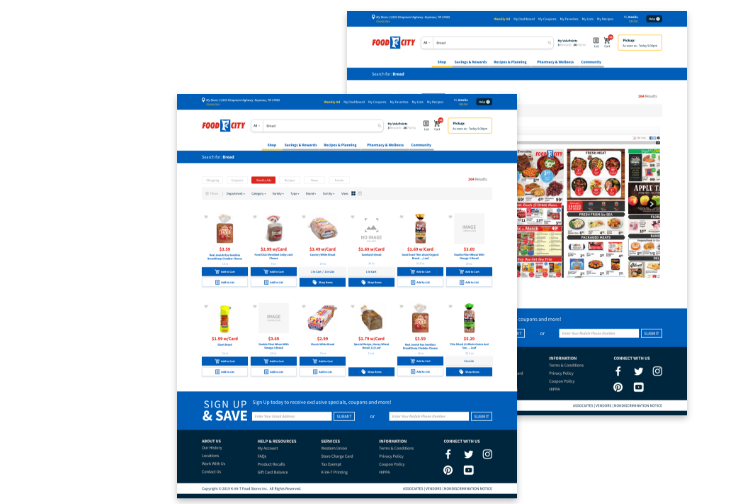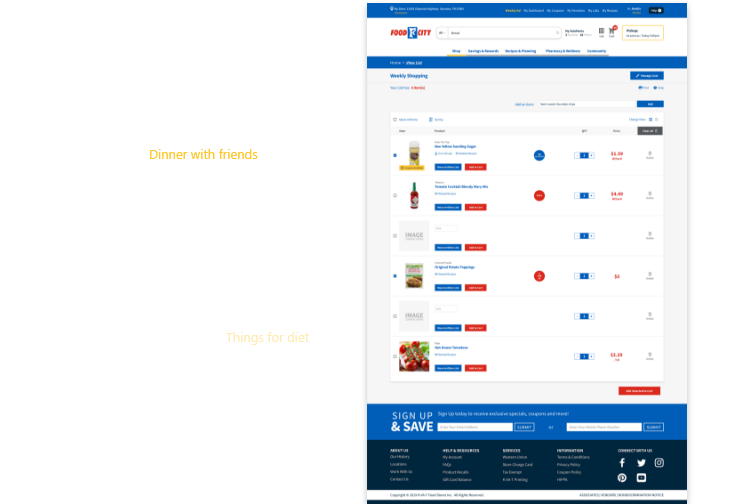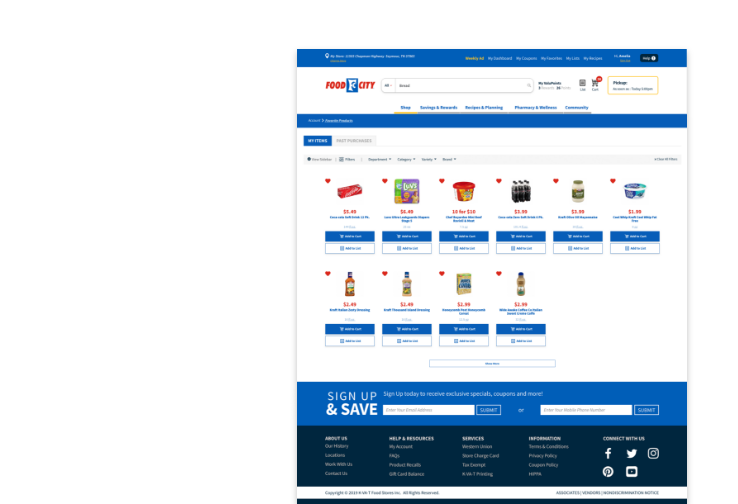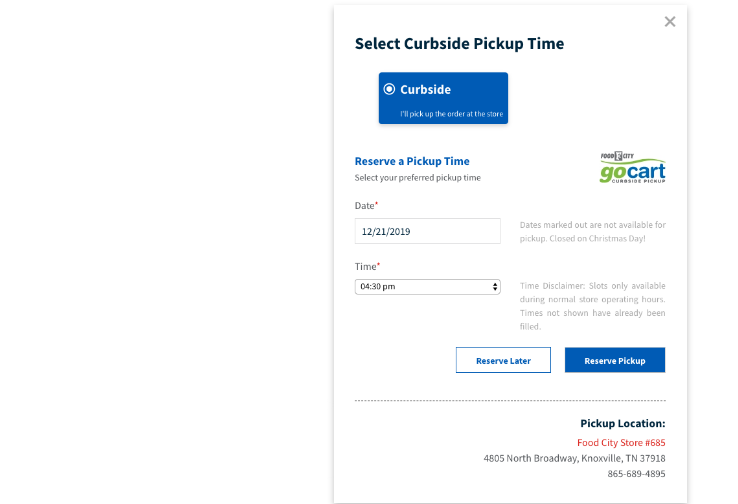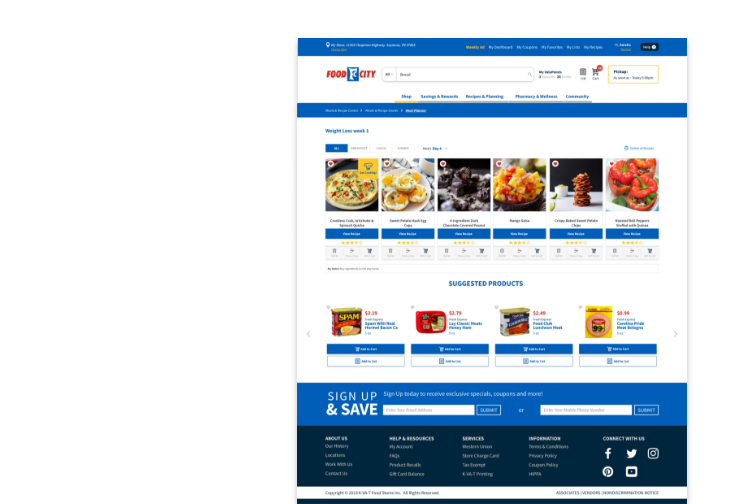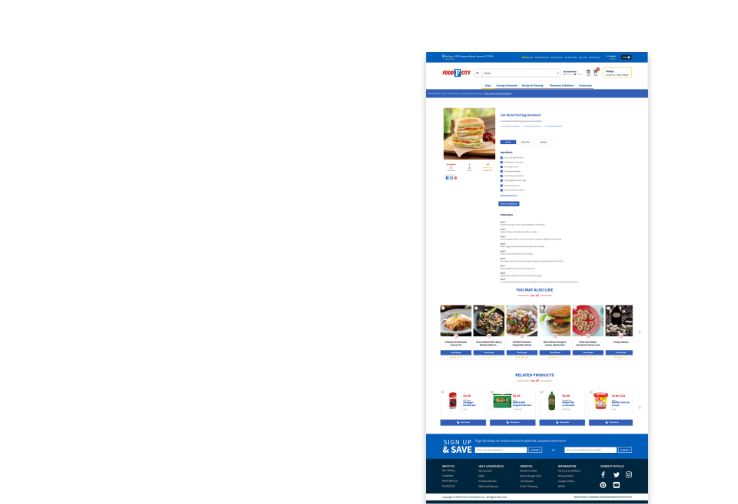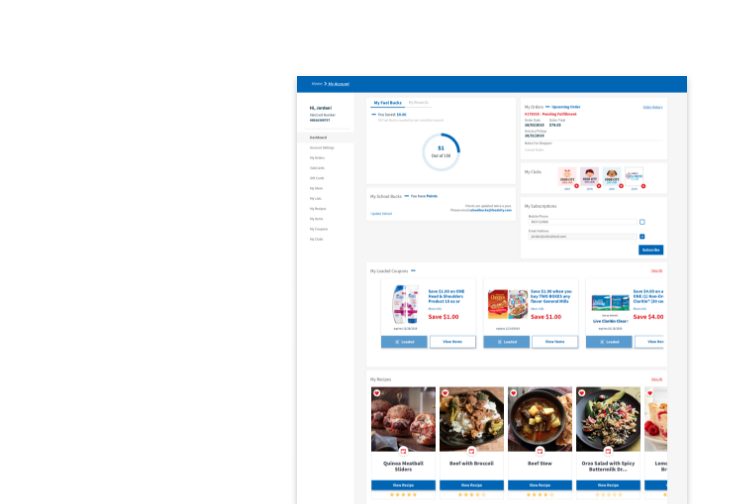
Liver Awareness Month: Love Your Liver
Abingdon, VA. -
Saturday, Oct 1, 2022.
Written by: Rebecca Webb, PharmD, Pharmacy Clinical Services Manager
October is National Liver Awareness Month. The liver is a vitally important organ; without it you could not survive. Therefore, it is important to love your liver by having some basic knowledge of the jobs it performs, common conditions or diseases associated with it, ways to monitor its function, and steps to help keep it healthy and strong.
The liver is a reddish-brown, football-sized organ (and technically a gland) located on the right-side of the abdomen under the rib cage. It performs hundreds of roles for your body, most notably:
• Removing waste products (i.e., old red blood cells) from your blood. The process of removing old red blood cells includes the disposal of bilirubin, a yellowish pigment that when elevated can cause a condition called jaundice.
• Filtering potential toxins out of your blood.
• Assisting in the breakdown of certain medications.
• Producing bile, which aids in the digestion of food. Bile helps convert fat into energy for your body to use.
• Storing nutrients, such as glycogen (e.g., sugar) and vitamins for your body to utilize later. By storing glycogen, the liver also helps to maintain blood sugar levels.
• Creating important proteins and hormones for your body.
• Generating necessary substances that help your blood to clot.
Sometimes an individual’s liver does not function properly. There are a variety of reasons why this may occur including:
• Viral infections, particularly hepatitis A, hepatitis B, and hepatitis C. Hepatitis is a condition in which there is inflammation of the liver. This inflammation can cause liver function to be impaired.
• Alcohol-related liver disease, particularly from chronic alcohol abuse.
• Fatty liver disease. Obesity can cause nonalcoholic fatty liver disease.
• Genetic diseases (i.e., Wilson’s disease).
• Liver cancer.
• Immune system irregularities.
• Liver damage associated with medication use in certain situations. A very serious example of this is taking more than the recommended amount of acetaminophen (e.g., Tylenol®) which can lead to acute liver failure.
Over time, many of the conditions above can lead to cirrhosis. This is hardening of the liver
due to scar tissue. Cirrhosis can ultimately lead to liver failure.
Fortunately, we live in a time when it is not only possible to monitor your liver function, but it tends to be routine. This is generally done at your primary care provider’s office by having your blood checked for levels of liver enzymes (types of proteins). Abnormal levels can indicate that the liver is not functioning properly. However, signs and symptoms do not always appear with liver dysfunction. A physical examination with a healthcare provider can look for certain signs associated with liver issues (i.e., an enlarged liver or upper right abdominal tenderness). Symptoms to look for can include yellowing (or jaundice) of the skin and whites of the eyes, dark-colored urine, pale-colored stool, itchy skin, swelling and pain in the abdomen, nausea or vomiting, appetite loss, bruising easily, and chronic fatigue. Liver scans are another way to determine if there are any abnormalities.
Make sure to love your liver. It is made to continually work hard for your body. Ways to help keep your liver healthy and safe include:
• Checking that your vaccinations are up-to-date. Vaccinations are available for hepatitis A and hepatitis B. There is currently no vaccine for hepatitis C. Consult your Food City Pharmacists if you have questions regarding these vaccinations.
• Always practicing good hand washing hygiene, especially before eating or preparing food and after using the restroom.
• Maintaining a healthy weight by eating a well-balanced diet and exercising regularly.
• Keeping your cholesterol within the normal range.
• Avoid sharing of personal items (i.e., razors, toothbrushes, glucose monitors, needles, nail clippers, etc.) that can spread viruses.
• Seeking help if you use illicit injectable drugs.
• Not using tobacco products, especially smoking tobacco.
• Not receiving body piercings or tattoos from unlicensed locations.
• Being cautious around other people’s blood and bodily fluids. Avoid when possible.
• Refraining from alcohol consumption or drinking alcohol only in moderation. Also, do not mix medications and alcohol.
• Being aware of the medications you take, including over-the-counter medicine. Always read and follow OTC package instructions carefully. Always use medications in recommended doses. Also, talk with your Food City Pharmacists. They are the medication experts. Let them share their wealth of knowledge to help keep your liver safe and healthy.
References:
Liver disease. Mayo Clinic website. https://www.mayoclinic.org/diseases-conditions/liver-problems/symptoms-causes/syc-20374502. Accessed September 22, 2022.

